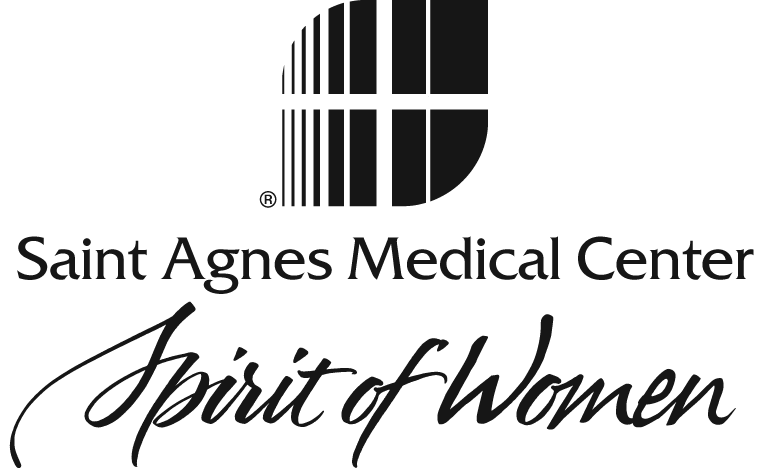Heart Failure
Heart failure means that your heart is unable to pump enough blood to supply your body’s needs.

Heart failure can be caused by various forms of heart disease such as coronary artery disease and high blood pressure. Although you cannot reverse the damage of heart failure, there are many ways to successfully manage your symptoms and live a healthy life. Medications and lifestyle changes such as a diet low in sodium and fats, regular exercise and losing excess weight are all ways to effectively live with heart failure. It is important to remember that being diagnosed with heart failure does not necessarily mean the end of your life is near–it means that you must work to improve the life you already have. Symptoms of heart failure may be long-lasting or may appear suddenly.
Here are some warning signs and symptoms to look for:
- Extreme fatigue or weakness
- Shortness of breath when active and also while lying down
- Dry, hacking cough
- Swelling of the abdomen, legs, ankles or feet
- Sudden weight gain due to water retention
- Coughing or wheezing that produces white or pink, blood-tinged phlegm
- Increased urination during the night
- Rapid or irregular heartbeat
- Swollen neck veins
- Decreased alertness or confusion
- Loss of appetite
- Nausea
Risk factors
Listed below are several factors that increase your risk for heart failure. It is important to note, however, that it only takes one risk factor to permanently damage your heart.
These factors include:
- High blood pressure
- Heart attack
- Coronary artery disease
- Sleep apnea
- Kidney conditions
- Diabetes
- Irregular heartbeats
- Alcohol use
- Congenital heart defects
- Valvular Heart Disease
Daily weight
Rapid weight gain may mean that your heart failure is not under control. Because your heart has trouble pumping blood to all parts of the body, you tend to retain fluids, causing your weight to increase. Weight gain of more than three pounds over a 24-hour period or a gain of three to five pounds in one week is a sign that your heart failure may be worsening and may require further treatment.
Contact your physician immediately if you notice any of these symptoms.
Weighing yourself will help you monitor your overall heart health. Weigh yourself around the same time every morning and record your weight on a daily chart. In doing so, you can detect whether or not your body is retaining fluids. If you ignore this sudden weight gain, your condition could worsen or you may require hospitalization. Weight gain isn’t always a sign of overeating, it can also be sign that you are retaining too much fluid from ingesting too much salt.
Follow-up care
Follow-up care is extremely important in managing your heart failure. If your heart failure is deemed to be stable, your doctor or nurse will schedule your appointments as necessary. At these appointments, certain procedures such as blood tests, medication checks, evaluations of dietary restrictions and discussing your exercise routines will be performed. If your heart failure has been determined to be unstable, you will visit your physician more often. During these visits, your physician will assess your physical state, adjust your medication schedule and dosages, review your diet and exercise plan, and perform lab tests, if necessary. Managing your heart failure through follow-up care will greatly improve your overall health and will increase your quality of life. Follow-up care could be the difference between controlling your heart failure and allowing heart failure to control you.
When should you see your doctor?
To help manage your heart failure, use the following stoplight guide to detect changes in symptoms and to help you determine when you should contact your physician.
Green—All Clear Zone
“All Clear Zone” symptoms include:
- No shortness of breath
- No weight gain of more than two pounds
- No swelling of your feet, legs, ankles or stomach
- No chest pain
If you are in the “All Clear Zone,” continue taking your medications as prescribed, manage your daily weight, follow a diet low in sodium, and make sure to attend all physician appointments.
Yellow—Warning Zone
“Warning Zone” symptoms include:
- Weight gain of three or more pounds in 24 hours or a gain of three to five pounds in one week
- Increased period of shortness of breath accompanied by a dry, hacking cough
- Additional swelling of the feet, ankles, legs or stomach
- Feeling tired or having no energy Difficulty breathing when lying down
These are all symptoms of the “Warning Zone.” If you are experiencing any of these symptoms, call your physician immediately. Your medications may need to be adjusted to return you to the “All Clear Zone.”
Red—Medical Alert Zone
Symptoms of the “Medical Alert Zone” must be taken very seriously. These symptoms include:
- Struggling to breathe or continuous shortness of breath while sitting still
- Chest pain
- Confusion or inability to think clearly
The symptoms in the “Medical Alert Zone” signify immediate danger. Call your doctor as soon as possible, go to the emergency room or dial 911.
Source: Mayo Clinic, American Heart Association
